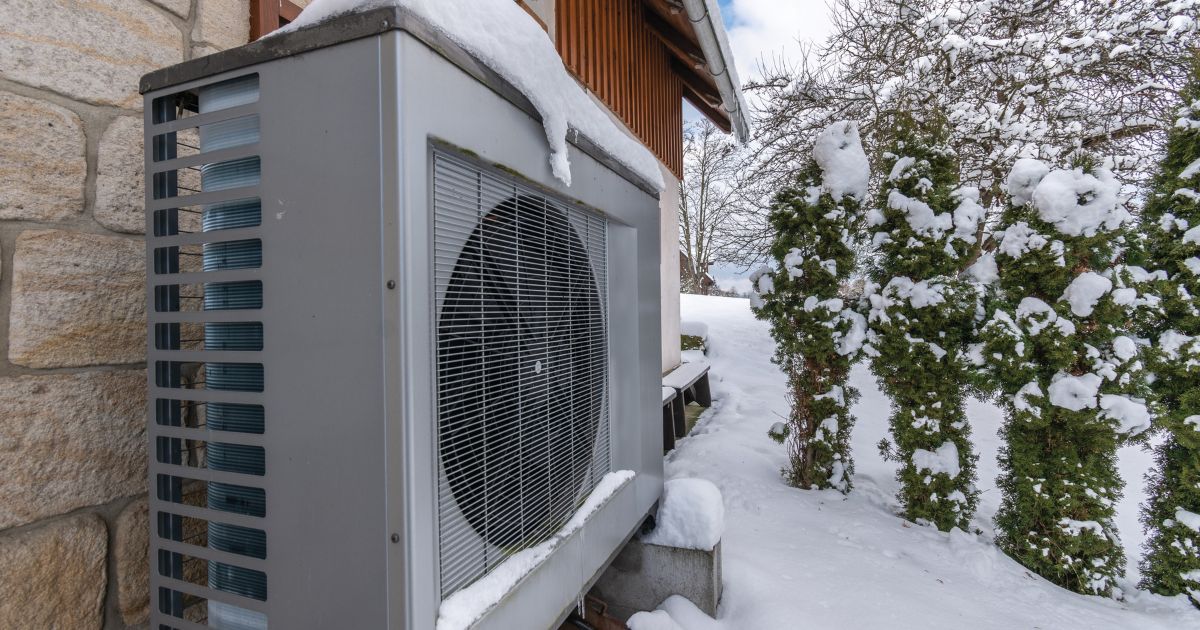The sustainable kitchen begins with shopping for local and organic foods, but it doesn’t end there. Energy-
efficient food preparation and cleaning habits, using equipment made from sustainable materials, and dodging toxic chemicals are also important if you want to have a truly healthy kitchen.
Fortunately, making the right choices for your well-being is also good for the pocket and the planet.
- Unplug the electrical gadgets you are not using, like your toaster and coffee maker. Use a surge protector for multiple appliances and turn it off when products are not in use. It all adds up.
- Buy your food locally to cut down on the fossil fuels burned in trucking or flying food in from across the country.
- Use non-toxic cleaning products. Better yet, make your own kitchen cleaning spray using one part of vinegar to two parts of water.
- Try cloths instead of cleaners. Skip the cleaning products altogether and use damp cloths that you can reuse again and again.
- Choose Energy efficient appliances that are ENERGY STAR certified. The government of Canada cites that fridges, freezers, dishwashers and water coolers, account for up to 14% of the energy used in the average home. When buying appliances, it’s important to remember that the cost of energy to operate a product over its lifetime is just as important as its purchase price.
- Reducing packaging — and landfill — when you shop at places where you can bring your own containers and buy in bulk.
- When repainting, use environmentally safe paints with no VOCs. VOC stands for Volatile Organic Compounds, which are odours emitted from chemicals. Many can be found in everyday products like paints.
- Recycle paper, plastic, metals and organic materials. When you recycle, you are reducing the air pollution caused by burning fossil fuels such as coal, oil and natural gas, which contribute to the largest amount of energy generated. Aluminum can be recycled using less than 5 percent of the energy used to make the original product. Recycling one aluminum beverage can save enough energy to run a computer for three hours or a TV for two hours.
Together, if we make small changes to divert and reduce our food waste daily, we can have a big impact on our planet. Because food thrown out often goes to landfills, it contributes significantly to climate change. As it rots in the landfill, it produces methane — a more powerful greenhouse gas than CO2.
According to the World Wildlife Fund, about 6%-8% of all human-caused greenhouse gas emissions could be
reduced if we stop wasting food.













